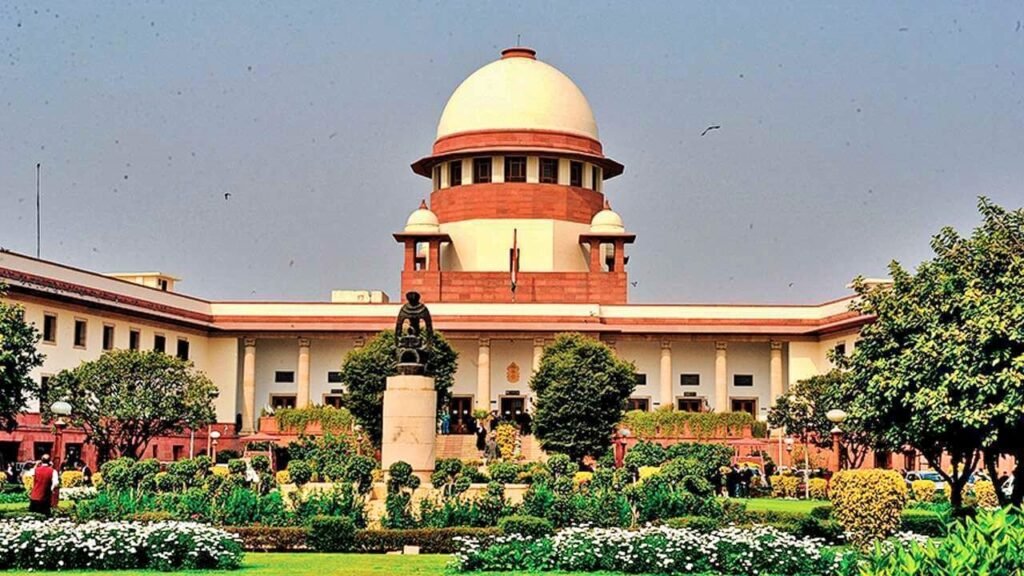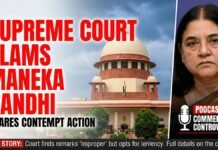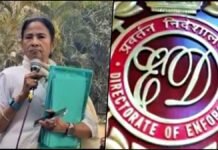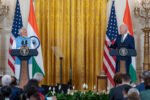
New Delhi: The Supreme Court of India on Friday granted interim protection from arrest to four journalists who were summoned by the Gujarat Police for their alleged involvement in publishing articles critical of the Adani Group, one of the country’s largest conglomerates. The apex court also directed the Gujarat government to respond to the petitions filed by the journalists challenging the validity of the summons within a week.
The four journalists are Ravi Nair and Anand Manganale, who work for the Organized Crime and Corruption Reporting Project (OCCRP), a global network of investigative journalists, and Benjamin Nicholas Brooke Parkin and C Nina Cornish, who are associated with the Financial Times, a British newspaper. They were accused of defaming the Adani Group and its investors by publishing reports that exposed the secretive and complex ownership structure of the group and its subsidiaries.
The Gujarat Police had initiated a preliminary inquiry (PE) against Nair and Manganale based on a complaint filed by Yogeshbhai Mafatlal Bhansali, an investor in Adani group companies, who claimed that the article published by OCCRP on its website in June 2020 had caused him financial losses and damaged his reputation. The article, titled “Adani’s Secret Tax Haven Deals”, alleged that the Adani Group had used offshore entities and shell companies to evade taxes and conceal its true beneficiaries.
Similarly, the Gujarat Police had summoned Parkin and Cornish for a PE based on a complaint filed by another investor in Adani group companies, who alleged that the article published by the Financial Times in October 2020 had harmed his interests and maligned the image of the group. The article, titled “Secret Paper Trail Reveals Hidden Adani Investors”, revealed that the Adani Group had a network of shareholders who were linked to tax havens and had dubious backgrounds.
The journalists had approached the Supreme Court after the Gujarat High Court had refused to quash the summons issued by the Gujarat Police. They had contended that the summons was illegal, arbitrary, and motivated by malice and that they had not committed any offense under the Indian Penal Code or the Information Technology Act. They had also argued that they had acted in good faith and in the public interest and that they had relied on credible sources and documents for their reports.

A bench of Justices Hrishikesh Roy and Sanjay Karol, while granting interim protection to the journalists, observed that the freedom of the press is a fundamental right under the Constitution of India and that the journalists cannot be harassed or intimidated for doing their duty. The bench also noted that the PE was not a stage where the police could arrest the accused and that the journalists had cooperated with the investigation so far. The bench said that it would examine the merits of the case after hearing the Gujarat government’s reply.

















































